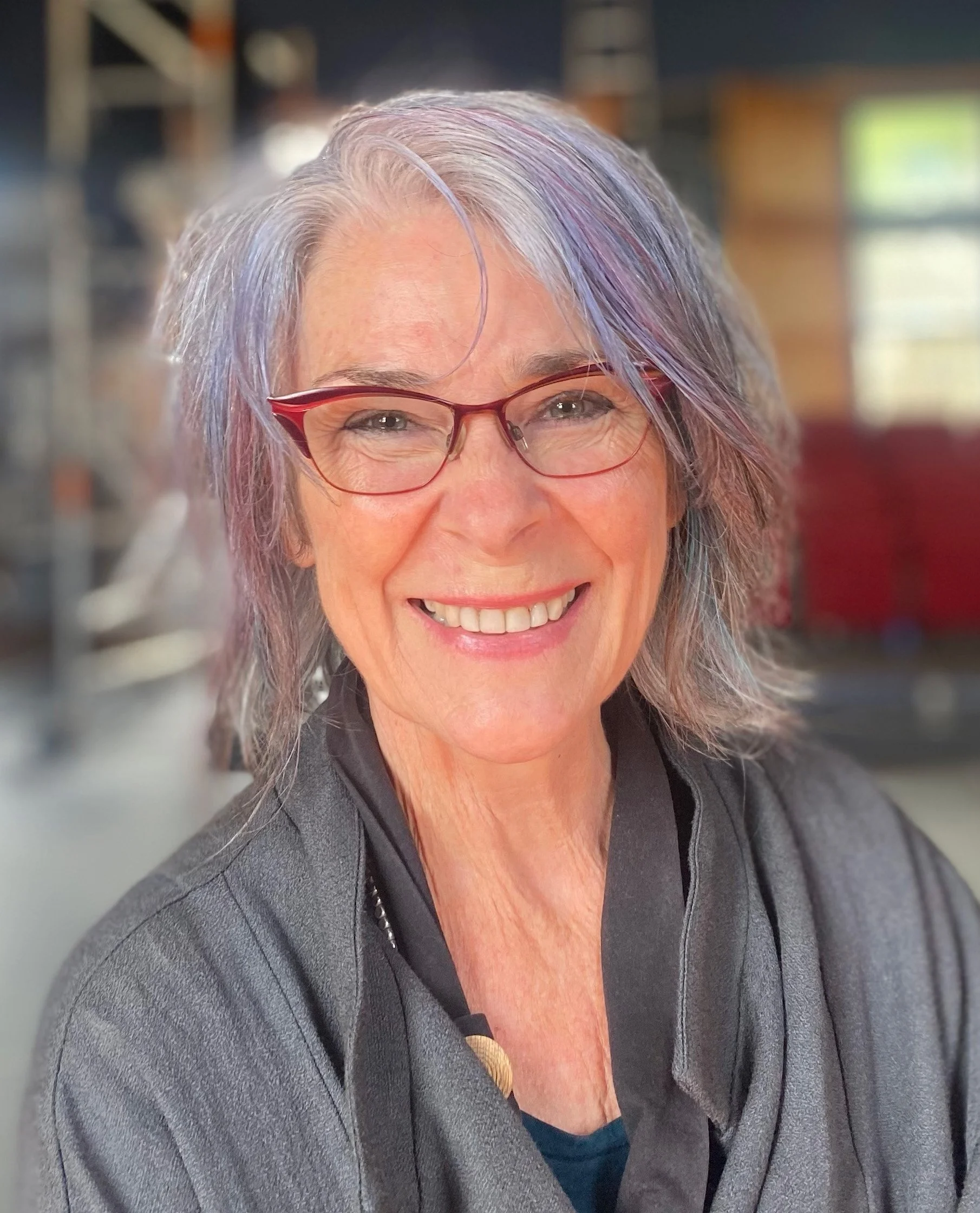The Art of Dialogue with Mary Anne Butler
Multi award-winning playwright Mary Anne Butler is known for her sharp writing, resonating characters and powerful, honest dialogue. Don’t miss this chance to learn from her in our 8-week online masterclass.
Dates: 6pm - 8pm (AEST), Thursdays 10 July - 28 August 2025
Fees: $1295 or $1200 for Varuna alumni. Payment terms negotiable if you cannot pay upfront.
Applications close: 5pm (AEST) Monday 9 June 2025
Places: 8 participants will be selected
Who should apply: Emerging or established writers are welcome to apply
The Art of Dialogue drills down deeply into how to craft dialogue on the page, ensuring that each of your character’s voices is unique, shaping their distinct speech patterns, and working on questions about who speaks, and when.
In an 8-week online small-group setting we will analyse examples of excellence in dialogue across a range of genres including fiction, non-fiction, memoir, stage plays, biography and historical writing, penned by dialogue masters such as Max Porter, Tara June Winch, Cormac McCarthy, Alice Munro, Tony Birch, Chloe Hooper, Robbie Arnott, Claire Keegan, Tim Winton, Sara Baume and James Kelman.
As a group, we will dissect these examples for their mastery of dialogic craft skills, including: rhythm, syntax, tone, intention, context, subtext, foreshadowing, exposition, repetition and slang. By closely studying these masters of great dialogue, we’ll learn how to craft distinct voices for our own characters, unpacking what makes dialogue ‘click’ in the ears of the reader, and absorbing the strategies used to render each character unique through dialogue alone.
We’ll also ponder how elements such as layout, font, punctuation and the ‘white space’ on the page help to generate our characters’ unique speech patterns – and then we’ll actively apply all these learnings to our own work, refining our dialogue skills as we go.
The program includes:
Two or three specific, practical dialogue craft skills / elements each week
Small-group analysis exercises
Writing exercises, applying the learnings of that week directly to your own work
Exercises in-between sessions, to consolidate your dialogue skills
30 minutes each session for reading of work generated in that session, and/or deeper discussion of the session’s craft skills
Access to a range of dialogue-developing resources and exercises to continue with, post-workshop
Posting work to the online portal for peer feedback, and to help build your longer-term writing community
PROGRAM OUTLINE
10 July Session 1: Story is character, character is dialogue
Character intention: what drives us to speak
Dialogue as driven by character goals
17 July Session 2: Dialogue, monologue and the interior monologue
Voice, in all its incarnations
The internal character monologue, with exercises to drill down into your characters’ deepest thoughts
24 July Session 3: Dialogue as driving story energy
Dialogue as action, energy, conflict and story force
Causality: action/reaction in dialogue
31 July Session 4: Sometimes an argument about mayonnaise isn’t about the mayonnaise
Exposition: ‘Show, don’t tell’ through dialogue
Writing the unspoken as simmering subtext
7 August Session 5: Dialogue as organic exposition
Writing dialogue for avoidant and oblique characters.
Backstory and foreshadowing through dialogue
14 August Session 6: Dialogue from the voices of ‘others’
Dialogue for characters of a different class, culture, age or era to your own – including non-human and other-worldly beings
A variety of tools to generate unique character voices: Rhythm, punctuation, font, layout, and the white space on the page
21 August Session 7: Editing your dialogue
Cutting dialogue back to your characters’ necessary essence
Getting in late, and getting out early
The difference between a character’s use of cliché, and the author’s use of cliché
28 August Session 8: The practical bits
Dialogue tags, speech marks, layout and formatting
The Central Unanswerable Question
ABOUT MARY ANNE BUTLER
Multi-award-winning playwright Mary Anne Butler has spent two decades mastering the art of dialogue. Her plays have won the Victorian Prize for Literature, Victorian Premier’s Award for Drama, Shane and Cathryn Brennan Prize for Playwriting, an AWGIE and two NT Chief Minister’s Book of the Year Awards. Her teaching experience combines a Masters in Arts Education, a Masters in Creative Writing, a Diploma of Acting from VCA and a Dip Ed in English/Drama. She’s currently undertaking a PhD in Literature, writing a novel which investigates how we write hope into the realist fiction of the Anthropocene.
HOW TO APPLY
Entry to this course is by application. Writers will be selected based on the creative potential of their work, commitment to craft, openness to collaborating with peers and the balance in the group.
Applications close 5pm (AEST) on Monday 9 June 2025 .
All applicants will be notified of the outcome of their submission by Wednesday 18 June 2025.
Please refer to Varuna’s general submission guidelines for any questions on formatting your work.
Feel free to call 02 4782 5674 or email amy@varuna.com.au to discuss your application.
TESTIMONIALS
“The Art of Dialogue was a fantastic deep dive into the hows and whys our character’s speak. With extensive technical examples and rich conversation the course excelled my understanding and improved my application of dialogue.”
“Mary Anne’s workshops are like being let loose to explore a master story-teller’s secret tool-shed with the best guide imaginable”
“With a unique blend of teaching, dramaturgy and writing experience, Mary Anne Butler’s deep sense of story structure; and vibrant understanding of character and dialogue spur the writer on with new insights and clarity.”
“Mary Anne Butler’s experience, depth of knowledge and respect for the writing process is brilliant. The practical exercises made me look at my work in a new light, extending my skills in new directions.”









